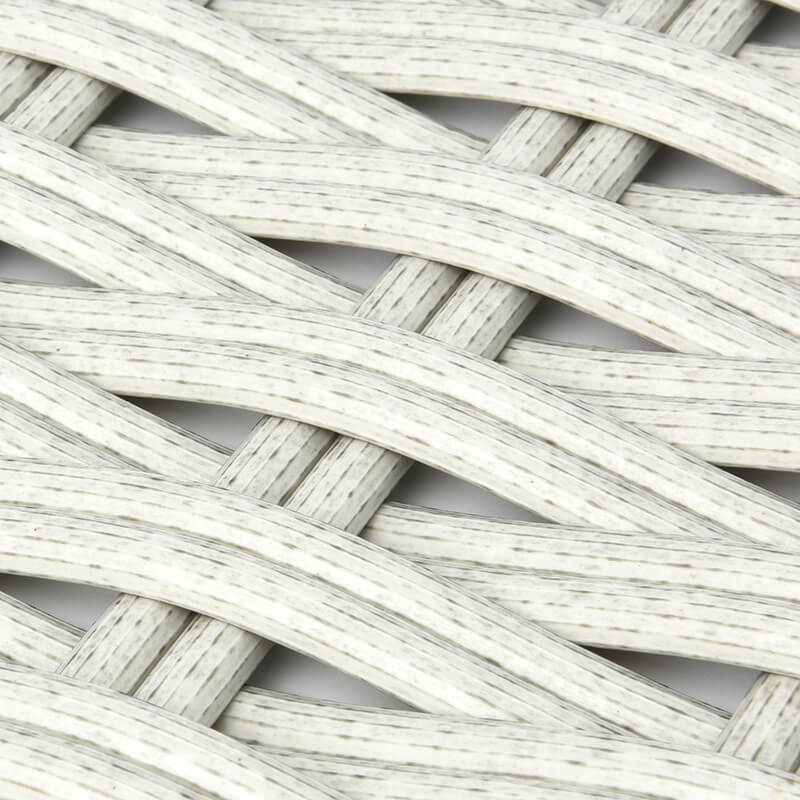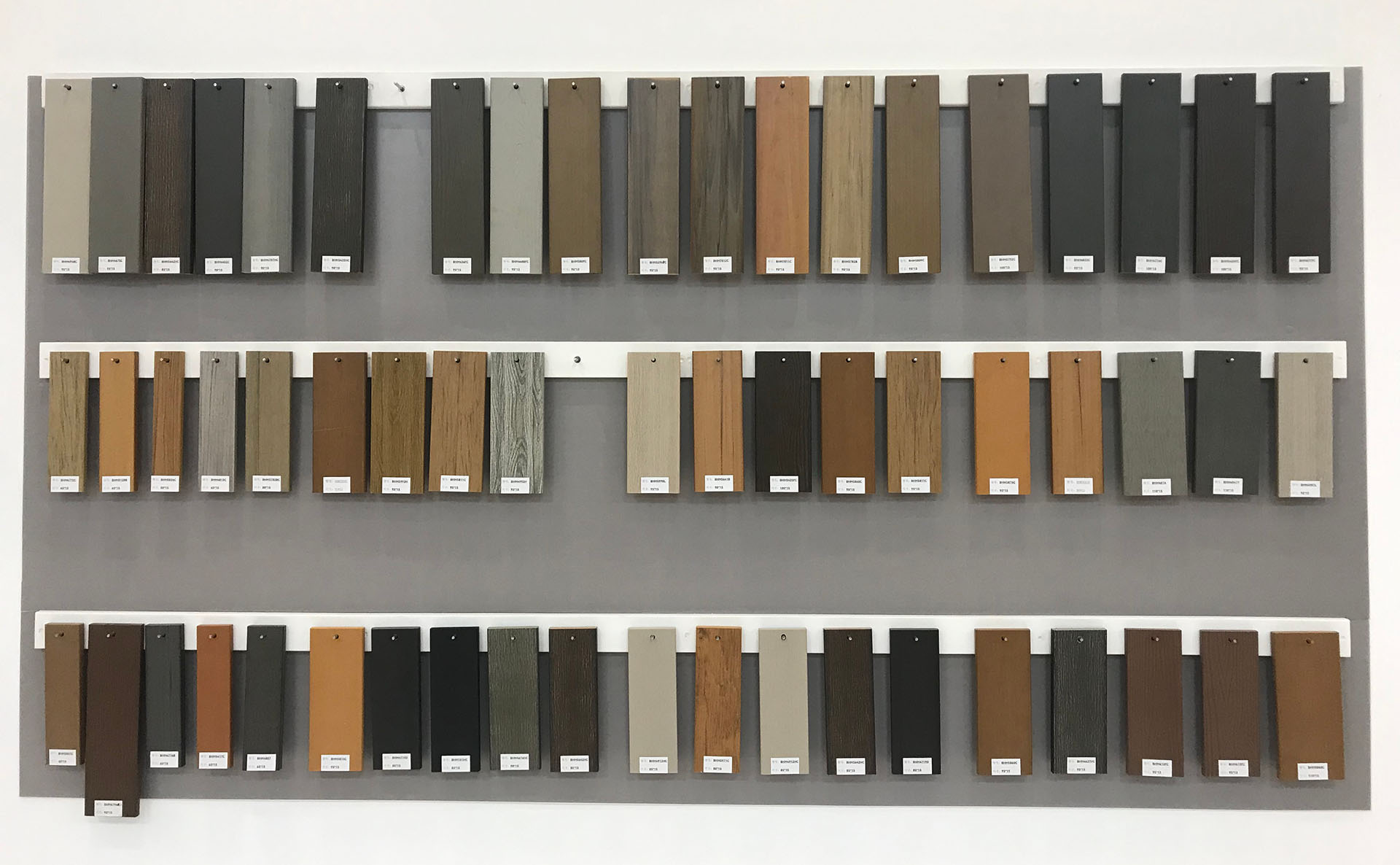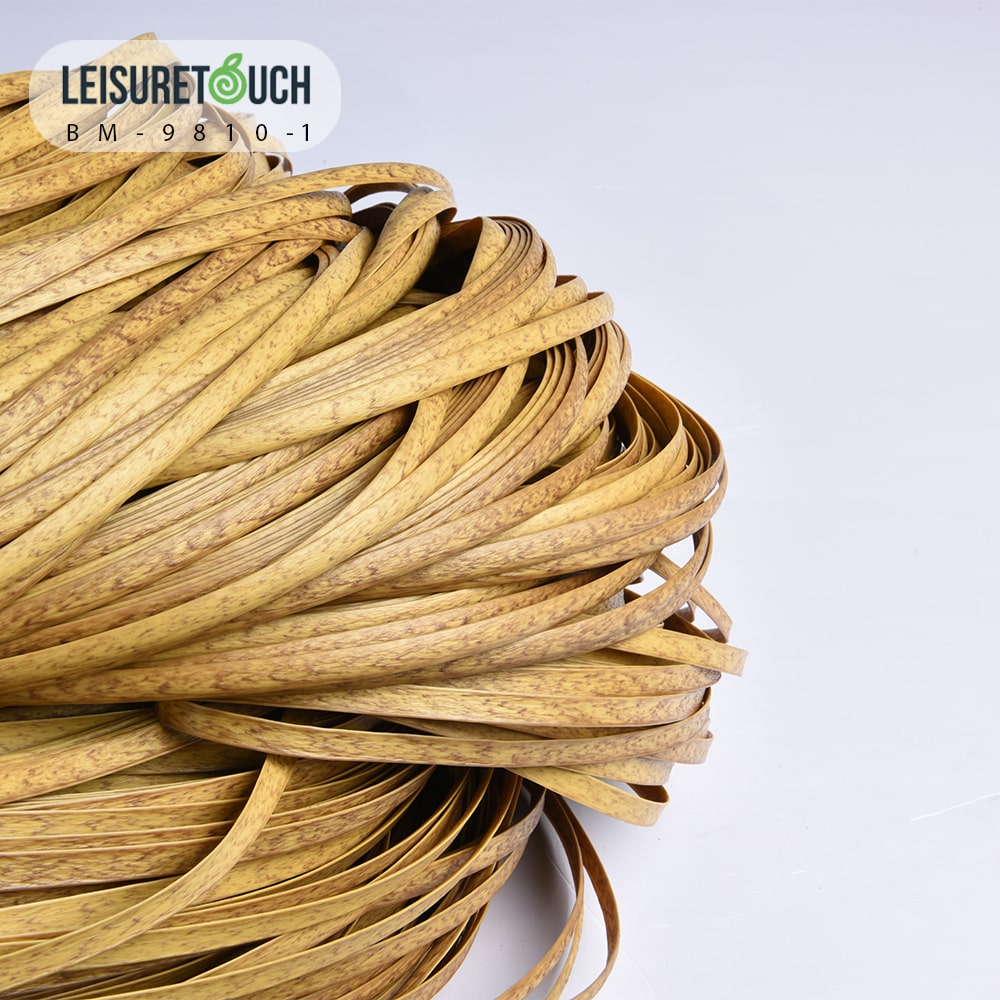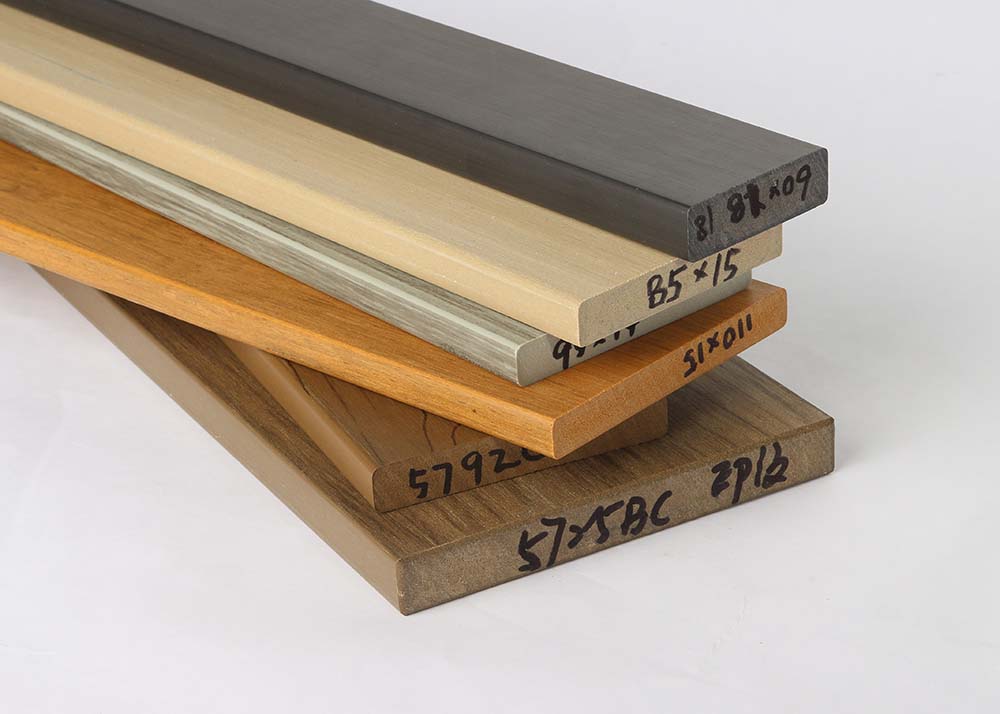Are you into the scent of nature badly? Do you often spend most of your free time in outdoor spaces, trying to escape the urban clamour? If you are an outdoor enthusiast, you must have come into contact with plastic wood sometimes. However, you might not realize it since plastic wood is very similar to real wood to a large extent. This material closely mimics real wood’s appearance, colour, and texture. Some manufacturing plants that specialize in plastic lumber will use intricate technologies and advanced machinery to improve the quality and texture of plastic wood in order to increase its application in the furniture industry and our daily lives.
If you are an outdoor lover and want to add some decorations that match your outdoor space, plastic wood furniture, such as dining tables, chairs, lounge chairs, etc. will be a good choice for you. Next, I will detail the advantages and disadvantages of plastic lumber, providing you with insights to make informed decisions when selecting outdoor furniture that aligns with your preferences.
Advantages of Plastic Wood
Plastic lumber stands out for its multitude of advantages, making it a compelling choice for various applications. One of its key strengths lies in its remarkable resistance to sunlight, rain, and insects, providing a durable solution for outdoor furniture. It can have a longer life span compared to natural wooden furniture.
Its ability to replicate the appearance and texture of real wood is a testament to the sophistication of modern manufacturing techniques, offering the aesthetic appeal of wood without its inherent vulnerabilities. Besides, for those who are lazy about cleaning, the minimal maintenance requirements further enhance its charm, eliminating the need for regular cleaning associated with traditional wooden counterparts.
As an environmentally conscious material, plastic lumber overcomes the strain on natural wood resources, creating a greener ecosystem. Beyond its visual and environmental benefits, plastic wood exhibits exceptional manufacturing characteristics, allowing it to work seamlessly with our traditional woodworking tools. This feature simplifies manufacturing processes and makes it an accessible choice for various applications, from decoration to furniture.
LTR’s customisation service allows plastic wood to be crafted into various colours and styles, catering to the diverse design preferences of different customers. In a word, the pros of plastic lumber encompass a harmonious blend of durability, aesthetics, eco-friendliness, and ease of processing, making it a standout option in the contemporary landscape of material choices.

Disadvantages of Plastic Wood
Although plastic wood has lots of advantages, it does come with some drawbacks. Compared to real wood, one notable limitation of plastic lumber is its inherent lack of strength and stiffness. It is pretty easy to tell if you move a piece of plastic wood furniture and a piece of real wood furniture together. The one that is made of plastic lumber is much lighter. What is more, when you strike the surface of plastic lumber products, the sound is hollow, which is different from natural wood.
Moreover, if you touch the surface of the plastic wood, the texture is also distinctive from that of natural wood, which is just the touch experience of plastic materials. The tactile disparity might be subtle from a distance; however, when you get closer to the materials, the differences become apparent, compromising the authentic feel that real wood provides. Additionally, the visual effect of plastic elements can be conspicuous when nearby, subtly betraying their otherwise convincing visual similarity.
This divergence in texture, touch, and feedback from sound may affect the overall user experience, particularly for those who value the authentic attributes of real wood. While plastic wood addresses various challenges associated with natural wood, these nuances also affect individual preferences and priorities when making decisions between plastic lumber and natural wooden materials. With the growing development of technology and materials, ongoing efforts are being made to minimize these drawbacks and further refine the plastic wood experience for consumers.

Various Types of Plastic Wood Boards
After we know more details about the advantages and disadvantages of plastic lumber materials, it is time for us to explore their diversity more. Similar to the various types of furniture styles, plastic lumber also exhibits a broad range of selections that people can choose from. In the following paragraphs, I will explain five distinctive styles that LTR offers for plastic lumber. Each of them is categorized by unique craftsmanship approaches, offering consumers a range of aesthetic and functional options.
These styles provide a glimpse into plastic wood’s innovative and evolving landscape, satisfying people’s diverse preferences and design sensibilities for furniture materials. No matter whether you prioritize aesthetics, durability, or other specific functional attributes, the various styles within the plastic wood materials offer a wide range of choices for furniture suppliers who are looking for an eco-friendly and practical selection other than traditional real wood.

Thermal Printing Style
Thermal printing technology allows for the application of a membrane with various patterns on a single surface or all sides. Customization of different patterns is offered to cater to people’s specific preferences. Before this step, the brushed technique will be applied to the surface first to show the natural feeling of texture that natural wood would bring to people.
One-sided Style
To achieve a seamless effect, the manufacturing process of plastic lumber ensures a consistent single colour both inside and outside. This meticulous approach results in a uniform appearance across the whole wood board, presenting a cohesive and visually pleasing surface of the materials.
Binding Style
Similar to the one-sided effect, the outer surface of the plastic wood has the same colour. However, the outer and inner parts have two different colours due to the special binding craftsmanship separating the two sectors during production. If you cut the wood boards in half, it is easy to see that the outer layer with one colour is covering another colour inside.
Colour Matrix Style
This is the style that can make the plastic lumber look like real wood the most. With this special craftsmanship skill, the materials will be crafted with irregular lines and grains, imitating the natural and pure conditions of real wood. The etched texture of colour matrix plastic lumber imitates the irregular grains and patterns of natural wood and enables your furniture to leave a strong impression on people.
Printing Style
This particular style shares similarities with thermal printing techniques but has a little difference. In this method, the process involves directly printing onto the plastic wood board, seamlessly merging patterns with the board’s surface. The outcome is a softer texture compared to thermal printing. Precision printing techniques are employed in this craftsmanship, enabling a more personalized, intricate and real effect than what is achievable through thermal transfer methods.

Conclusion
In summary, plastic lumber seamlessly combines the aesthetic appeal of natural wood with durable functionality, making it an ideal choice for outdoor enthusiasts who are looking for a nature-inspired living space. Its advantages, including resistance to various weather conditions and insects, low maintenance, and eco-friendliness, position it as a popular and durable option for outdoor settings. Although there are still some drawbacks to the strength and texture of plastic lumber, the producers are making ongoing efforts to research and develop it to enhance the plastic lumber experience in the future.
As an experienced plastic wood manufacturer in China, we not only strive to provide the best quality of materials to our valued customers but also guarantee the continued release of diverse plastic lumber types. Since plastic lumber continues to evolve and meet people’s needs, it stands as a promising alternative in the expanding furniture materials industry, reflecting the potential for continued innovation and refinement. Contact us now to get your free samples!









